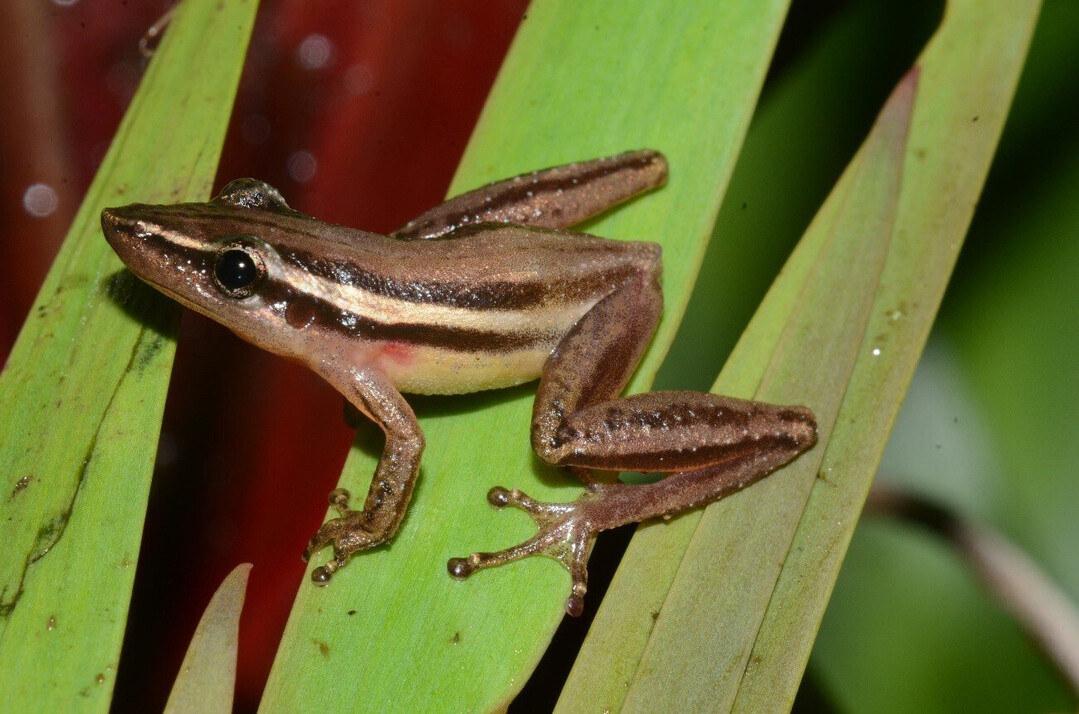
Cuiabá, Mato Grosso State, São Paulo, Brazil - The future of amphibians (frogs, toads, newts, etc.) inhabiting Brazil's Pantanal, the world's largest tropical wetland, and the surrounding Upper Paraguay River Basin is under severe threat. According to the latest research published by Brazilian and Swiss scientists, over 80% of amphibian species in this region could lose suitable habitat by 2100. The study, featured in the Journal of Applied Ecology, specifically analyzes the impact of climate change on biodiversity.
Climate Change Scenarios and the Future of Amphibians
Researchers cross-analyzed over 4,000 records of 74 amphibian species in the Upper Paraguay River Basin with climate prediction data up to 2100. The analysis was based on two scenarios from the Intergovernmental Panel on Climate Change (IPCC): an optimistic scenario where current greenhouse gas emission levels are maintained, leading to a 2°C rise in global average temperature, and a pessimistic scenario where emissions increase, resulting in a 4°C temperature increase.
The results are alarming. Even under the optimistic scenario, local extinctions of amphibians are projected to occur in 99.87% of the region, with that figure reaching 99.99% under the pessimistic scenario. Notably, species commonly found in the Pantanal, such as Scinax squalirostris, are at risk of complete disappearance by 2100.
Limitations of Protected Areas and the Need for New Measures
Currently, Integral Conservation Units in the Upper Paraguay River Basin cover only 5.85% of the total area, protecting less than 5% of the average amphibian distribution. This falls significantly short of the 2022 UN Convention on Biological Diversity recommendation to designate 30% of the Earth's surface as protected areas by 2030. The current global proportion of protected areas, including conservation units and indigenous lands, stands at 17%.
"The current protected areas in the Pantanal contribute almost nothing to the protection of amphibian species," emphasized Mario Ribeiro Moura, a professor at the Federal University of Paraíba (UFPB) in Brazil, who led the research. "We need to expand protected areas considering a hotter and drier future." The researchers proposed establishing new conservation units in areas likely to remain suitable for amphibians in the future, such as the Cerrado transition zone in the north of the basin (near Cuiabá, Mato Grosso), the southeast (near Campo Grande, Mato Grosso do Sul), and the southwest (near the Paraguayan Chaco).
Climate Crisis and Ecosystem Restoration
The researchers also stressed the need to mitigate the impacts of inadequate agricultural practices and restore aquatic ecosystems, which are crucial for moisture-dependent amphibians. "Although the Paris Agreement aimed to limit global temperature rise to 1.5°C by the end of the 21st century, we have already reached that level in 2024," warned Moura. "Without a fundamental change in the fossil fuel-based economic model, it will be impossible to reduce the impact of the climate catastrophe on biodiversity and society."
The Biodiversity Crisis in the Pantanal
The Pantanal, a key area of the Upper Paraguay River Basin spanning Brazil, Paraguay, and Bolivia, boasts a globally unique ecosystem. However, climate change and human activities are increasingly threatening the region's biodiversity. While this study focused on amphibians, it suggests that similar risks may be imminent for other faunal groups.
Experts hope this research serves as a critical wake-up call for policymakers, urging immediate action to expand protected areas and address climate change. The disappearance of Pantanal amphibians would not only represent a loss for the region but also signal a significant disruption to global ecological balance.
[Copyright (c) Global Economic Times. All Rights Reserved.]






























